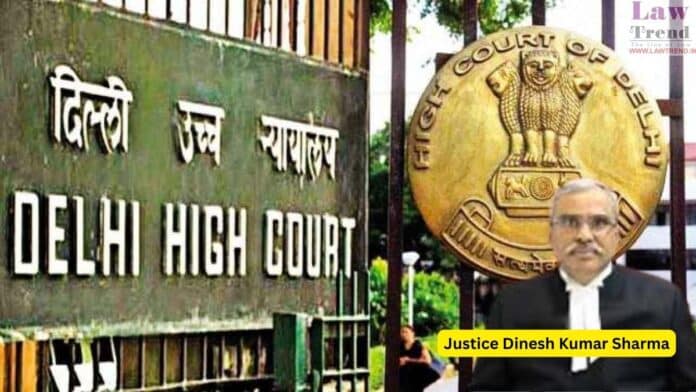The Delhi High Court has reserved its order on the bail plea of liquor giant Pernod Ricard’s executive Benoy Babu in a money-laundering case lodged by the ED in connection with the alleged liquor scam in the national capital.
The order was reserved by Justice Dinesh Kumar Sharma last week after the court heard the arguments of the accused as well as the Enforcement Directorate (ED).
Before the high court, Babu has challenged a trial court’s February 16 order that dismissed his bail plea and argued that he was merely an employee of the firm with no decision-making power.
According to the Central Bureau of Investigation (CBI) and the ED, irregularities were committed while modifying the now-scrapped Delhi excise policy for 2020-21 and undue favours were extended to the licence holders.
Babu’s lawyer told the court that in the case being probed by the CBI, there is not a single allegation against his client and he was, in fact, a witness who has also cooperated in the money-laundering probe.
Babu’s bail plea was opposed by the ED. He was arrested by the federal agency in November last year.
Besides Babu, the trial court had also denied bail to accused businessmen Vijay Nair, Abhishek Boinpally and Sameer Mahendru and Aurobindo Pharma’s promoter Sarath P Reddy, saying it was not possible for it to arrive at the conclusion that they would not make any attempt to tamper with the evidence if released.
The trial court had said further investigation, including ascertaining the role of others involved in the commission of the alleged offences and tracing the complete trail of the ill-gotten money, was still pending.
Regarding Babu, the trial court had said the oral and documentary evidence suggested that he was the brain behind the decision taken by accused company Pernod Ricard for furnishing corporate guarantees of Rs 200 crore for the loans availed by other members of the cartel from the HSBC Bank and this was considered to be an investment to take control of the retail liquor business in the national capital and achieve the highest market share in the sale of liquor brands by the company.
The money-laundering case stems from a CBI FIR, which was lodged after Delhi Lieutenant Governor V K Saxena recommended a CBI probe in the matter.
The CBI has alleged that Nair was involved in meeting the other co-accused and liquor manufacturers as well as distributors at various hotels in Hyderabad, Mumbai and Delhi for arranging “ill-gotten money through hawala operators”.
Also Read
It has also claimed that Boinpally was part of the meetings and involved in the conspiracy to launder money along with another accused, liquor businessman Sameer Mahendru.
In the money-laundering case, the ED had raided nearly three dozen locations in Delhi and Punjab following the arrest of Mahendru, the managing director of liquor distributor Indospirit Group, which is based in Delhi’s Jor Bagh.
The other accused in the case are former Delhi deputy chief minister Manish Sisodia, former excise commissioner Arva Gopi Krishna, former deputy commissioner in the excise department Anand Tiwari and former assistant commissioner Pankaj Bhatnagar.
The Delhi government implemented the excise policy on November 17, 2021, but scrapped it at the end of September 2022 amid allegations of corruption.




